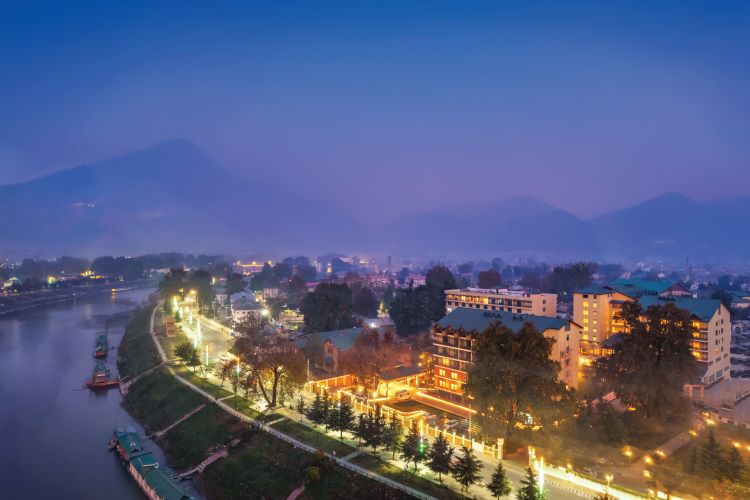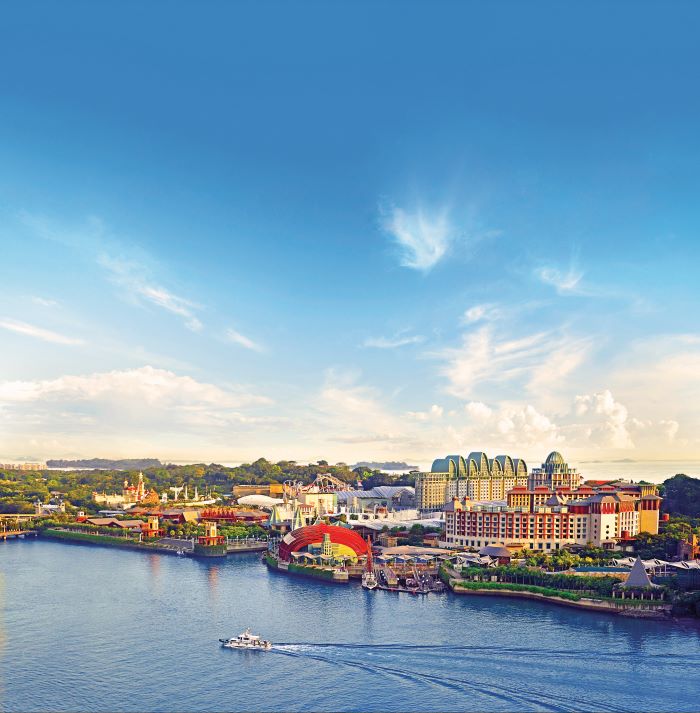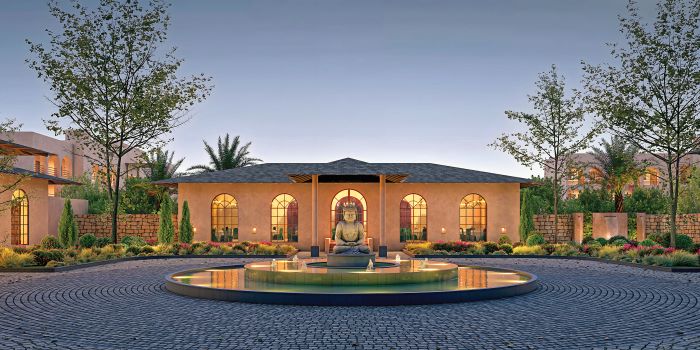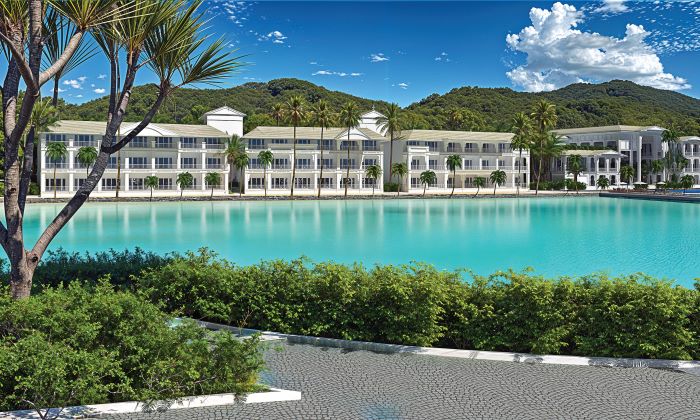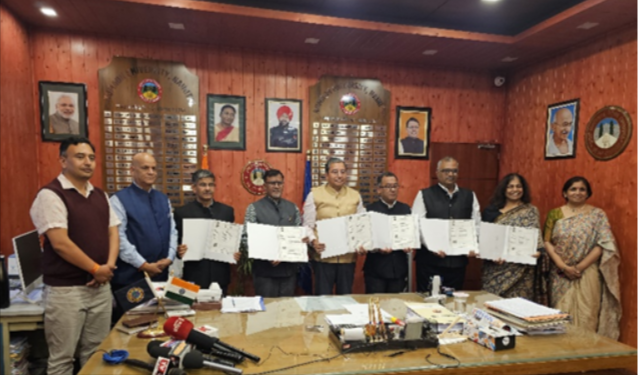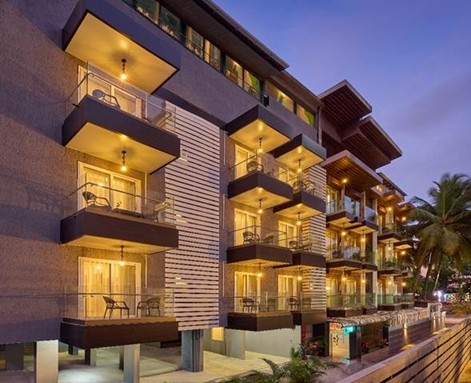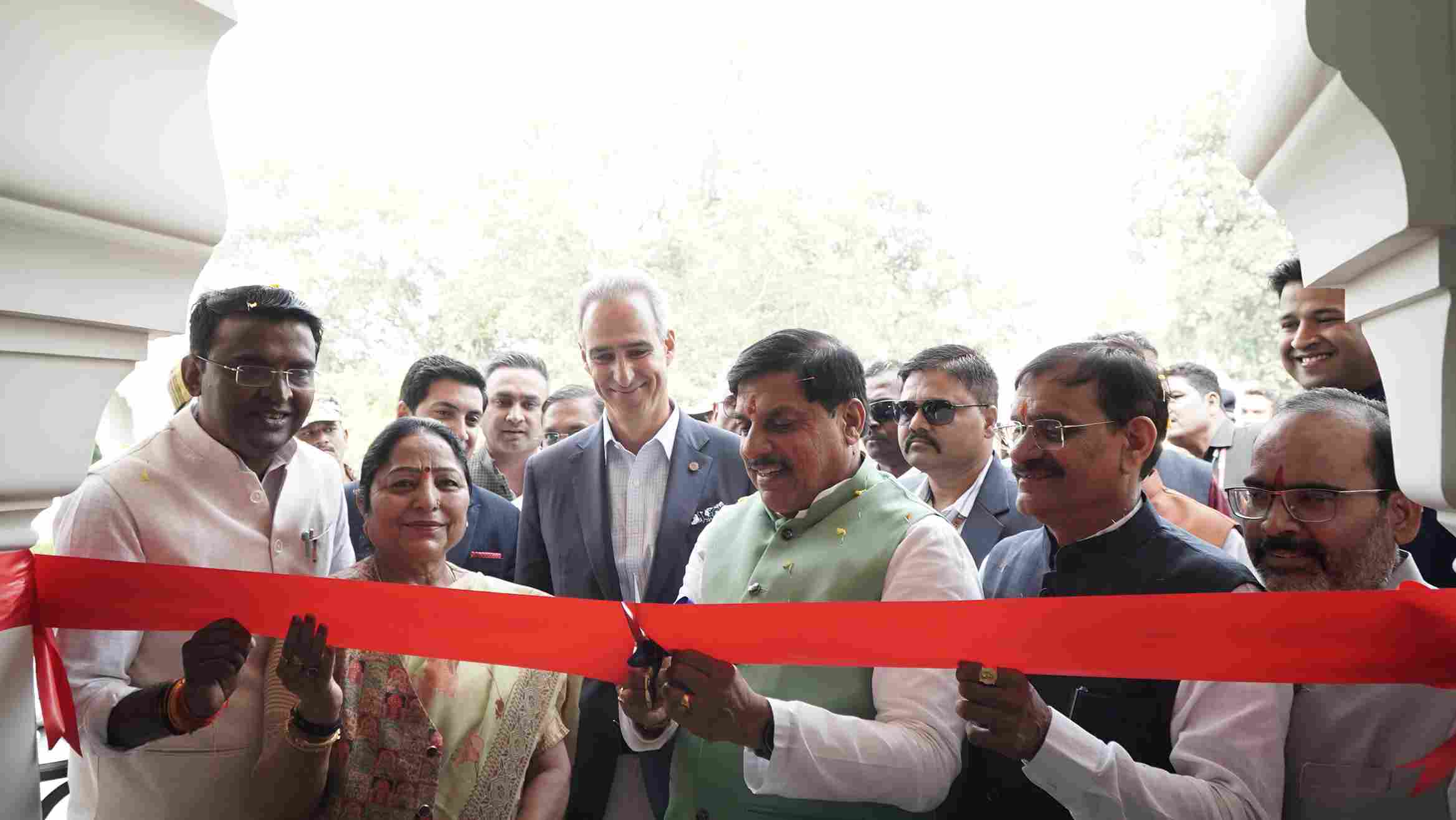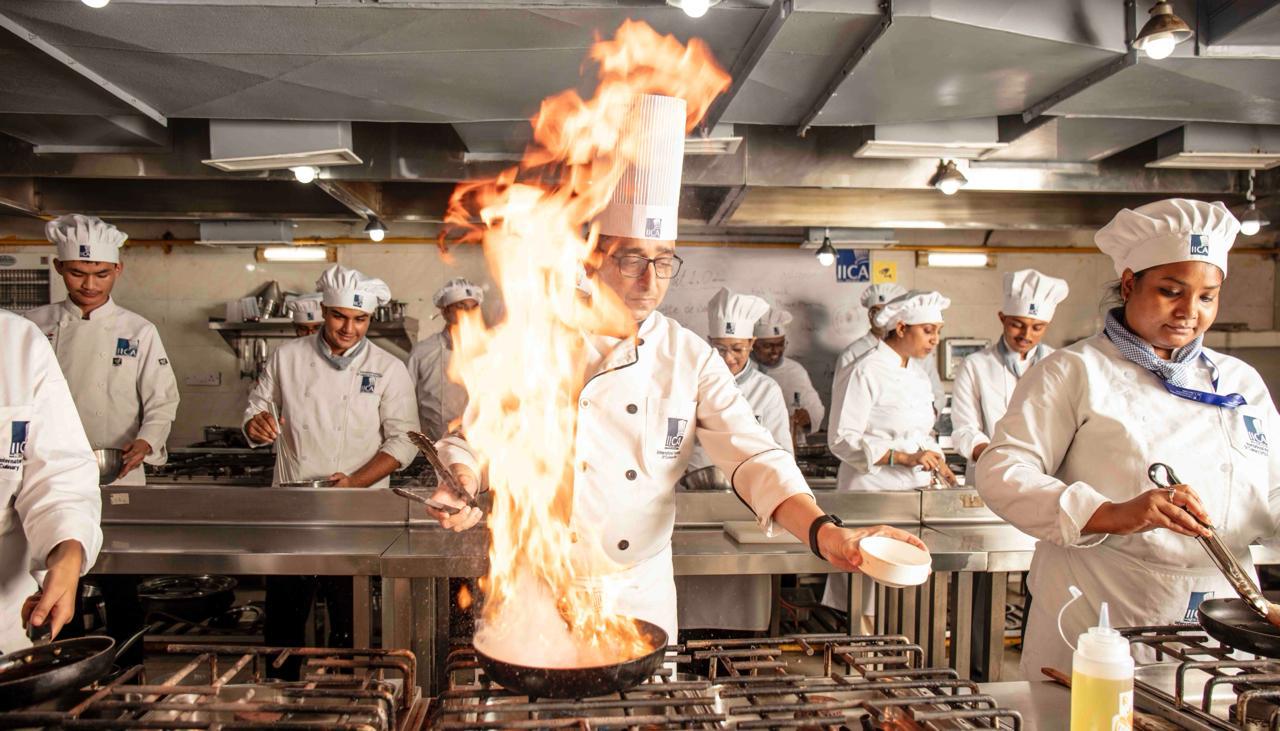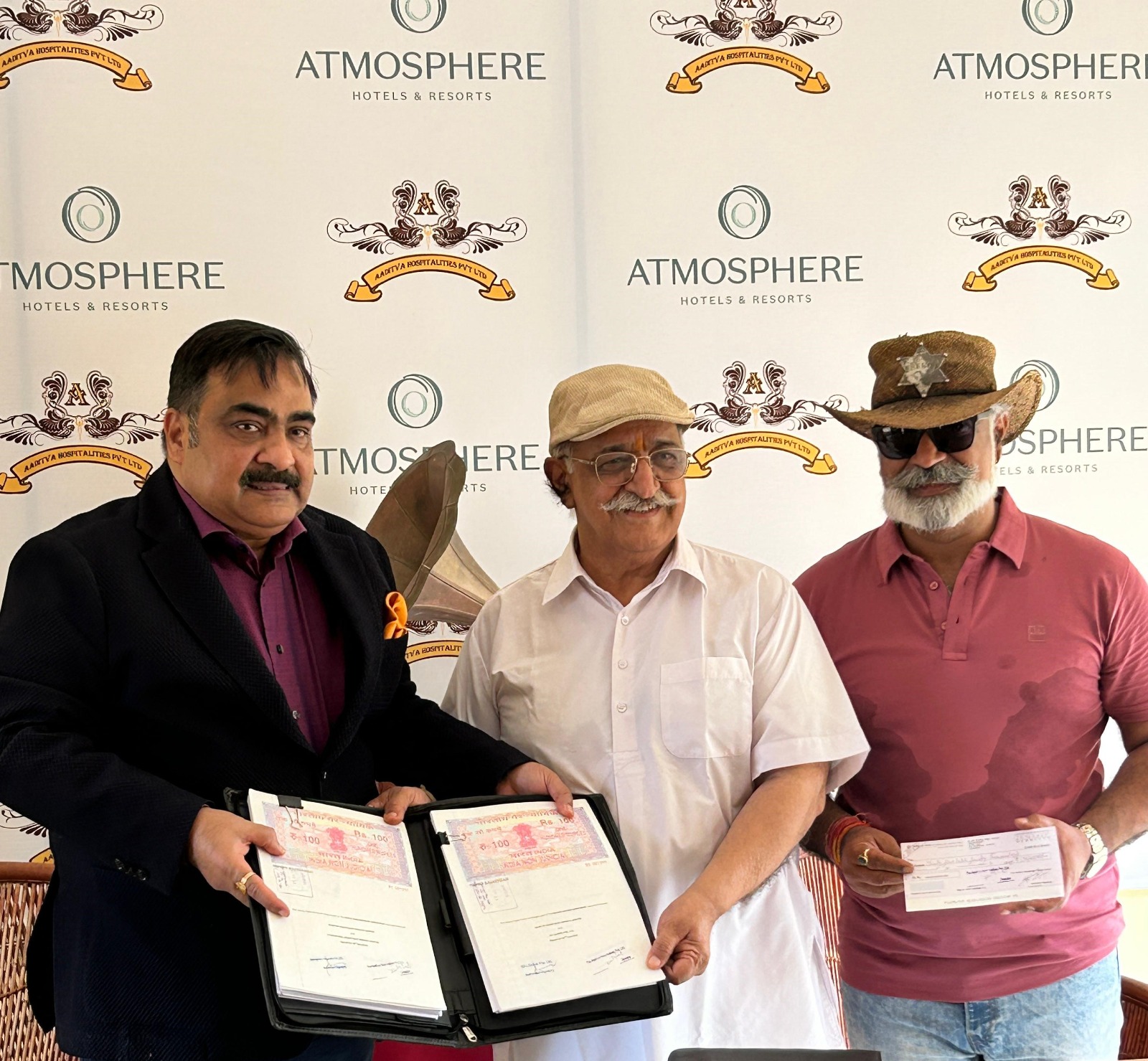Nikhil Sharma, MD and Area Senior VP, South Asia, Radisson Hotel Group (RHG), outlines the company’s strategy to meet evolving needs of Indian travellers and rising demand for internationally branded accommodations.
Lipla Negi
Q: What is your long-term positioning strategy. Are you planning to expand your premier brand, ‘Radisson Collection’?
A: Radisson Hotel Group’s strategy focuses on leveraging our diverse portfolio to serve various consumer segments in key locations. By capitalising on domestic travel demand, especially in spiritual tourism, and enhancing offerings for bleisure travellers, we aim to expand our presence beyond tier II and III cities into emerging markets across India. With increasing internet penetration, rising spending capacity, and a growing appetite for travel, the market is ready for this expansion. We aim to position ourselves as the largest international operator by being a first mover in multiple underserved locations in the country.
Our luxury lifestyle brand, Radisson Collection, embodies our commitment to setting new standards in luxury hospitality with its unique blend of local character and modern design. For instance, the Radisson Collection Hotel & Spa, Riverfront Srinagar, combines Kashmiri artistry with contemporary elegance. We have signed another Radisson Collection Hotel in Hyderabad set for Q2 of 2026 and plan to open four to five more hotels in the next five years.
Q: Which emerging markets are you looking to target, and which brands in your portfolio do you believe will disrupt these markets?
A: We have always focused on tier II and III cities, recognising their significant growth potential and the rising demand for internationally branded accommodations. Around 50 per cent of our properties are in these emerging markets, enabling us as with the first-mover advantage. Some of our recent signings include Vrindavan, Patna, Uttarakhand, and Nathdwara. Our commitment is further demonstrated by the recent signing of 10 hotels in justfour days, including new and underexplored regions. We aim to open a new hotel every 20 days with a focus on tier II and III cities, working towards making our properties accessible within a two to three hour drive across India.
Our India-specific brand and extension such as Park Inn and Suites by Radisson and Radisson Individual Retreats are well-positioned to disrupt these markets. Park Inn and Suites by Radisson meets the needs of business and leisure travellers with modern, accessible amenities, while Radisson Individual Retreats offers unique, culturally authentic experiences for spiritual and cultural travellers. Our expansion into offbeat destinations such as Kumbhalgarh, Karjat, and Gopalpur reflects a keen understanding of evolving traveller preferences, with a growing demand for unique experiences and natural retreats, capitalising on emerging trends in the Indian hospitality market.
Q: Sustainability is possibly the biggest concern facing industries such as hospitality and hotels. How do you plan to make this a focal point for your organisation and implement measurable initiatives?
A: At Radisson Hotel Group, sustainability is a foundational aspect of our business strategy, guided by our Think People, Planet, and Community principles. We are committed to achieving a net zero carbon footprint by 2050, with goals validated by the Science Based Targets initiative and adherence to the Glasgow Declaration. Our measures to enhance energy efficiency include deploying energy-efficient lighting, optimising heating and cooling systems, and utilising smart technologies. We are accelerating our transition to renewable energy through on-site generation and strategic partnerships, aiming to halve our carbon footprint by 2030.
Our sustainability efforts extend to creating eco-friendly guest experiences, such as 100 per cent carbon-neutral events, EV charging stations, and eliminating single-use plastics. Initiatives such as ‘Soap for Hope’, ‘Linen for Life’, and ‘Flush Me Not’ highlight our commitment to repurposing resources and minimising waste.
We also prioritise education with our Leading and Living Responsible Business training programme, available in 20 languages. In 2024, we are focusing on enhancing energy efficiency, expanding renewable energy use, promoting sustainable travel and meetings, and collaborating with industry partners to make a significant positive impact on the environment and communities.
Q: In your opinion, how can the industry overcome the issue of skill shortage in the short and long-term?
A: In the short-term, the industry can focus on rethinking recruitment by prioritising attitude and potential over specific skills, allowing for rapid onboarding of adaptable candidates. Accelerated training programmes, such as the ones offered by Radisson Academy, can quickly equip new hires with the necessary competencies. Leveraging technology to optimise recruitment and operations, along with offering competitive pay and flexible work arrangements, can attract talent from other sectors and ease the pressure on understaffed teams. Fostering a positive work culture that values diversity, inclusion, and employee well-being will help retain talent. In the long-term, developing a robust talent pipeline through partnerships with educational institutions will ensure a steady flow of skilled graduates into the industry.
Q: The Radisson Academy celebrated its 5th anniversary this year. Is skill development also offered to your partners? Are there plans to align with the government’s skill development initiatives?
A: Our programmes are designed to enhance skills and support career growth, creating a productive learning environment. While we are focusing on providing bespoke training opportunities within the Radisson Academy, we are open to exploring collaborations with government skill development programmes soon in the future.
“By enhancing offerings for bleisure travellers, we aim to expand our presence beyond tier II and III cities into emerging markets across India.”
“Radisson Collection Hotel in Hyderabad is set for second quarter of 2026 and we plan to open four to five more hotels in next five years.”
“We aim to open a new hotel every 20 days with a strategic focus on tier II an


